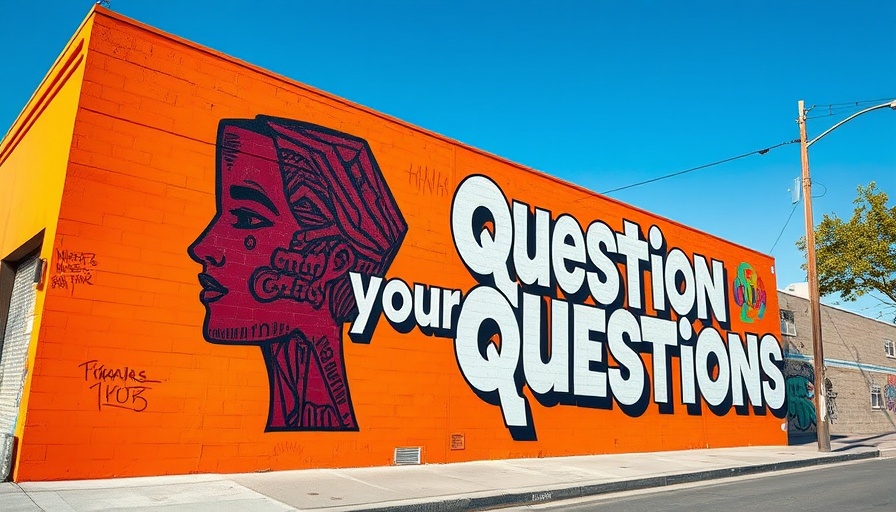
Understanding the Shift: Anthropic's New Data Policy
In a move that’s shaking up the landscape for AI users, Anthropic has announced a significant change in its data handling policies, effective September 28, 2025. Users of its AI product Claude will now be faced with a critical decision: either share their conversation data to help train AI models or opt out and prevent their data from being utilized. This marks a major departure from the company’s previous approach, which ensured that chat data would be deleted within 30 days unless flagged for compliance issues.
Why the Change Matters to Users
For many users of Claude Free, Pro, and Max, this transition raises important questions about privacy and data use. Previously, interactions were retained only for a short period, primarily to comply with legal obligations. Now, users who choose not to opt out will have their data stored for five years. Anthropic positions this change as a means to enhance AI capabilities, claiming that user feedback will significantly improve the safety, accuracy, and functionality of future models. However, skeptics question whether this emphasis on user contribution masks the company’s need for vast quantities of conversational data to bolster its competitive edge in the crowded AI field.
Data Sharing: A Necessary Evil?
As the tech landscape evolves, companies like Anthropic are compelled to rethink their data strategies. Although they frame the issue around user choice, the reality is that machine learning models require tremendous amounts of high-quality data; access to millions of user interactions could provide the raw material necessary for training AI on real-world applications. This compelling need for data aligns with wider industry trends where AI companies must contend with giants like OpenAI and Google, both of whom leverage extensive data pools to enhance their models.
Potential Risks and Concerns
The shift in data policy comes with inherent risks. Users may feel uneasy about the implications of longer data retention periods, especially concerning potential misuse or data breaches. As transparency becomes critical, Anthropic must navigate this landscape cautiously, ensuring users understand how their data might be utilized. Moreover, while the potential for improved AI models is attractive, it raises ethical concerns about consent and data ownership.
Looking Ahead: The Future of AI Personalization
Anthropic’s new policy could pave the way for more personalized AI experiences, allowing the systems to learn from real user interactions, thereby improving responsiveness and accuracy. However, this assumes that users are willing to sacrifice some level of privacy for enhanced functionality. As any technologist knows, balancing innovation with ethics is a delicate endeavor. The decisions made today may significantly shape the future relationship between individuals and AI technologies.
The Role of Consumer Voice
Ultimately, how users respond to this new paradigm will shape Anthropic's future trajectory. If enough users opt in, it could validate this approach, leading to more data-driven improvements. Conversely, widespread opting out could signal a strong demand for privacy-first models. The tech community watches closely, as consumer sentiment could influence broader trends across the industry.
In Conclusion: The Power of Choice
The new default policy by Anthropic asks users to not only consider the functionalities they desire from their AI interactions but also how much privacy they are willing to surrender. This critical junction not only impacts the future of user experience with Claude but also reflects broader societal attitudes towards data privacy and AI development. As AI technology continues to advance, the importance of user choice becomes increasingly pivotal.
 Add Row
Add Row  Add
Add 




Write A Comment